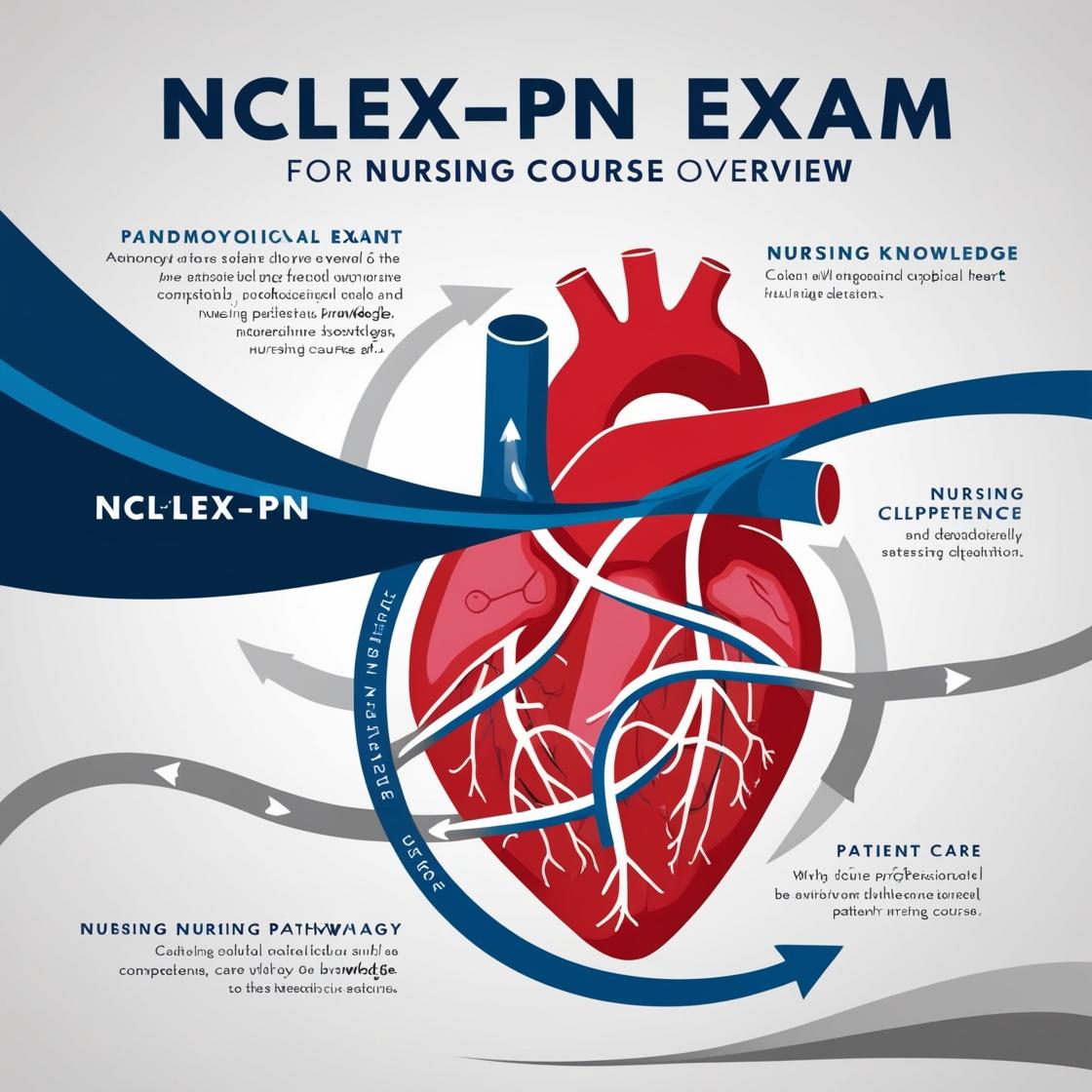NCLEX-PN
Health Promotion and Maintenance NCLEX Questions
1. A nurse preparing to assist with data collection of the abdomen asks the client to void and then assists the client into a supine position. Which primary finding does the nurse expect to note on percussing all four quadrants of the abdominal cavity?
- A. Dullness
- B. Tympany
- C. Borborygmus
- D. Hyperresonance
Correct answer: B
Rationale: The nurse expects to primarily note tympany when percussing the abdomen. Tympany should predominate because air in the intestines rises to the surface when the client is in a supine position. Dullness is usually heard over a distended bladder, adipose tissue, fluid, or a mass. Borborygmus, which refers to hyperperistalsis, is typically heard on auscultation, not percussion. Hyperresonance is present with gaseous distention, not the typical finding when percussing all four quadrants of the abdomen.
2. When teaching parents how their children learn sex role identification, the nurse should include which of the following statements?
- A. Sex role identification begins in infancy.
- B. Sex role identification begins in the preschool years.
- C. Sex role identification begins during the school-age years.
- D. Sex role identification begins during early adolescence.
Correct answer: A
Rationale: Sex role identification begins during infancy as infants can identify body parts by the end of the first year. Preschoolers often engage in masturbation and sex play. School-age children continue to develop awareness of their sexual identity, including behaviors like hugging and kissing. Early adolescence sees further development influenced by sexual maturation and experimentation with sex roles. Therefore, the correct statement is that sex role identification begins in infancy. Choices B, C, and D are incorrect as they misrepresent the timeline of the development of sex role identification in children.
3. Intramuscular (IM) phytonadione (vitamin K) 0.5 mg is prescribed for a newborn. After the medication is prepared, in which anatomic site does the nurse administer it?
- A. Rectus femoris muscle
- B. Deltoid muscle
- C. Gluteal muscle
- D. Vastus lateralis muscle
Correct answer: D
Rationale: Vitamin K is administered to newborn infants to help prevent hemorrhagic disease. The best site for intramuscular injection in infants is the vastus lateralis muscle. This site is preferred due to its location away from the sciatic nerve, femoral artery, and vein, reducing the risk of complications. The rectus femoris muscle may be used if necessary; however, it is less favorable than the vastus lateralis due to its proximity to vital structures, making injections there more hazardous. The deltoid muscle is not typically used for IM injections in newborns. The gluteal muscles should be avoided until the child has been walking for at least a year, as they are poorly developed and close to the sciatic nerve.
4. A nurse is preparing to assess a client for the presence of the Tinel sign. Which action does the nurse take to elicit this sign?
- A. Testing for the strength of each muscle joint
- B. Percussing at the location of the median nerve
- C. Checking for repetitive movements in the joints
- D. Asking the client to flex the wrist 90 degrees while holding the hands back to back
Correct answer: B
Rationale: The Tinel sign is elicited by percussing at the location of the median nerve at the wrist. In carpal tunnel syndrome, this test can produce burning and tingling along the nerve's distribution. Choices A, C, and D are incorrect. Testing for the strength of each muscle joint and checking for repetitive movements in the joints involve different assessments unrelated to the Tinel sign. Asking the client to flex the wrist 90 degrees while holding the hands back to back is associated with the Phalen test, which is another evaluation for carpal tunnel syndrome.
5. A nurse is explaining a nonstress test to a pregnant client. The nurse explains that the results are nonreactive if which finding is noted on the electronic monitoring recording strip?
- A. Two fetal heart accelerations within a 20-minute period, peaking at 15 beats/min above baseline and lasting 15 seconds from baseline to baseline
- B. Accelerations without fetal movement with fetal heart rate (FHR) increases of 15 beats/min for 15 seconds
- C. Acceleration of the FHR by 25 to 30 beats/min for at least 15 seconds in response to fetal movement
- D. Absence of accelerations after fetal movement
Correct answer: D
Rationale: The correct answer is 'Absence of accelerations after fetal movement.' In a nonreactive (nonreassuring) stress test, the monitor recording would not show accelerations after fetal movement within a 40-minute period. This absence of accelerations indicates a nonreactive result. Choices A, B, and C describe different patterns of fetal heart rate accelerations that are not indicative of a nonreactive result in a nonstress test, making them incorrect. Choice A describes the characteristics of a reactive (reassuring) result, where there should be at least two fetal heart accelerations within a 20-minute period, peaking at least 15 beats/min above the baseline, and lasting 15 seconds from baseline to baseline. Choice B incorrectly states 'Accelerations without fetal movement,' which is contradictory. Choice C describes an acceleration response to fetal movement, which does not signify a nonreactive result.
Similar Questions

Access More Features
NCLEX PN Basic
$69.99/ 30 days
- 5,000 Questions with answers
- Comprehensive NCLEX coverage
- 30 days access @ $69.99
NCLEX PN Premium
$149.99/ 90 days
- 5,000 Questions with answers
- Comprehensive NCLEX coverage
- 30 days access @ $149.99
